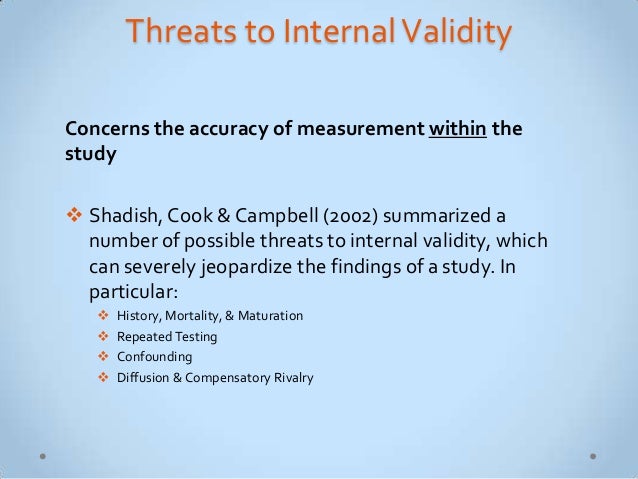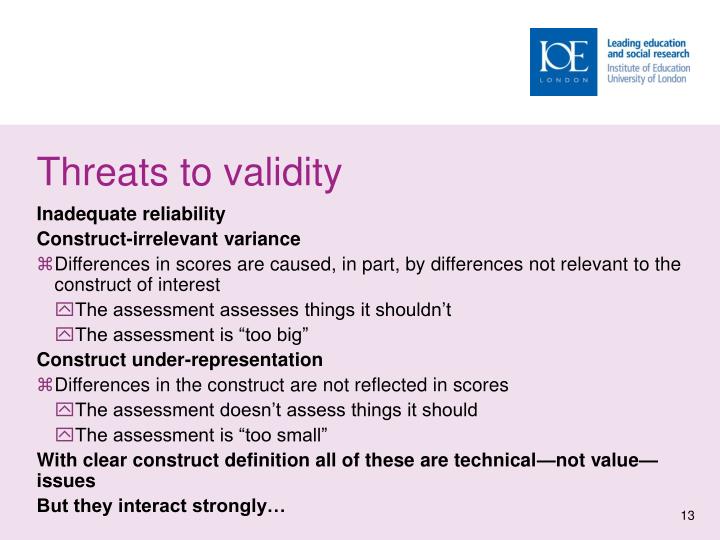
Further inspection of effect sizes showed a range of medium to very large effect sizes, suggesting a remarkable magnitude of difference between ACGME and internal survey results ( table 3). Resident wellness was also significantly more positive on the ACGME survey for all of the 10 individual RWS items compared to the internal survey results ( table 3). The overall composite score for RWS from ACGME was higher (4.08 ± 0.30), indicating more positive wellness on the national accreditation survey, compared to the overall composite score from our internal survey (3.69 ± 0.34). There was a significant difference between the composite score for wellness collected through our internal survey compared to its measurement through the ACGME survey ( table 3). 13 Accurate institutional-level and program-level data serve as a foundation to design effective interventions to improve resident wellness. 13 However, it remains unclear when certain interventions are applicable, for which groups, and in what combination.

12 Solutions to improving physician wellness include organizational-level (eg, work hour restrictions) and individual-level (eg, mindfulness training, stress management, small group discussions) interventions. 9 Existing evidence suggests resident burnout links to poor patient outcomes, including self-reported medical errors, 10 self-reported suboptimal patient care, 11 and changes in brain activity during clinical reasoning. 5– 8 More recently, many residency program sponsoring institutions have surveyed their residents' wellness, morale, burnout, and other related constructs. Prior to the original 2004 distribution of the ACGME survey, a number of researchers surveyed residents to gain insights into wellness, duty hours, retention, and learner and faculty perspectives on residency training. However, survey methodology is vulnerable to bias depending on a variety of methodological and psychological factors. As illustrated through the annual ACGME survey, graduate medical education uses surveys to assess values, beliefs, and perspectives of trainees. Response data from these additional wellness items were provided to program and institutional leadership as a measure of resident wellness in their training programs and as a signaling mechanism for targeted intervention. 1 For the 2018 distribution of the ACGME Resident Survey, coinciding with revised Section VI of the Common Program Requirements, 2 and reflecting a growing concern about physician wellness, questions regarding resident wellness were added. Starting in 2004, the Accreditation Council for Graduate Medical Education (ACGME) annually distributed a web-based survey to accredited residency programs to systematically assess issues such as work hour compliance and adequacy of clinical supervision.

Residency training programs rely on survey data to continuously improve medical education.


 0 kommentar(er)
0 kommentar(er)
